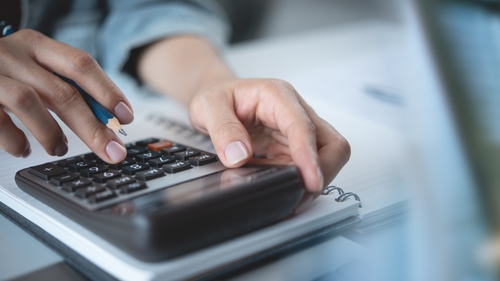Mistakes happen. As with any form of accounting, it’s possible that errors will occur.
The most important matter is to make sure you take the necessary corrective action as soon as possible, and this will depend on the nature and value of the error.
HMRC consider VAT errors as your responsibility to put right. If you don’t correct the VAT error in the right way or at the right time, HMRC has a long list of conditions under which they can impose penalties, a process known as ‘The Penalties for Errors regime’.
Reviewing VAT Returns
Reviewing your VAT returns is the first step in identifying any mistakes. Make sure to carefully review all the figures in your VAT return, including the box 6 figure, which is the total value of your sales and purchases. Check that the figures match your records and invoices. If you notice any discrepancies, investigate them further.
Identifying VAT errors
If you realise after submitting a VAT return that you mistakenly omitted a receipt or a payment, charged a customer the wrong rate of VAT or made an error in your calculations, you must act quickly to put matters right. Whether the error was in your latest VAT return submission or earlier, you are responsible for the accuracy of the figures in all your VAT return submissions.
If you fail to spot an error and HMRC discover it themselves, any penalty imposed could be higher.
Correcting the error
There are two different steps to take depending on whether you are correcting errors on VAT returns which are either under £10,000 or over £10,000.
Method 1
You can correct errors made in VAT returns for the preceding 4 years, providing the net value of the errors fits the criteria below:
- is between £10,000 and £50,000 but less than 1% of the total value of your sales
For these kinds of errors, make an adjustment in your next return.
Method 2
You must tell HMRC separately about net errors that are:
- between £10,000 and £50,000 and exceed 1% of the box 6 (net outputs) VAT Return declaration due for the current return period during which the error was discovered
- Errors on previous returns that were made deliberately
You must notify HMRC as soon as possible by submitting a Form VAT652 to HMRC to correct the error. You will need to provide details of the error and the correct figures for the relevant period.
Time Limits
The general time limit within which errors can be corrected is four years from the end of the accounting period in which the error occurred. You cannot adjust your VAT Return, or make an error correction notification, for any errors that arose in accounting periods that date back beyond 4 years.
Penalties for Errors
If you make an error on your VAT return, you may be subject to penalties. The penalty regime is based on the amount of tax due and the severity of the error. For example, if the error is due to carelessness or neglect, the penalty may be up to 30% of the additional tax due. If the error is deliberate, the penalty may be up to 100% of the additional tax due.
Interest on Corrections
In addition to penalties, you may also be required to pay interest on any additional tax due. The interest is calculated from the date the tax was due to the date it is paid.
Further Information
HMRC’s website has further information on how to make VAT return corrections.
https://www.gov.uk/guidance/check-if-you-need-to-report-errors-in-your-vat-return
If you want to discuss your VAT return or any other Accountancy Service with us then please contact us on 01386 366741 or email here and one of our advisers will be in contact.
Alternatively, you should contact your accountant or tax advisor for advice as soon as possible.
You work hard for your money, it’s important that your money works hard for you!
![]()







